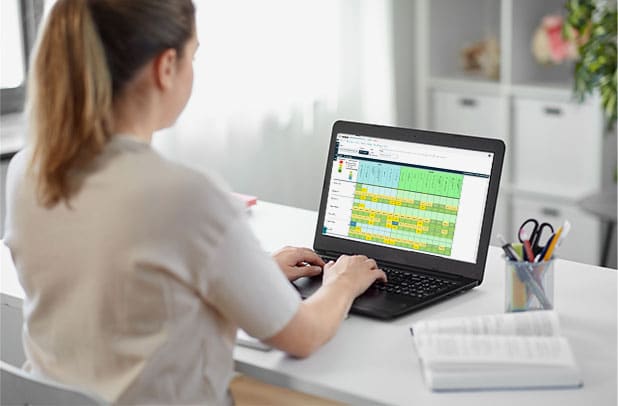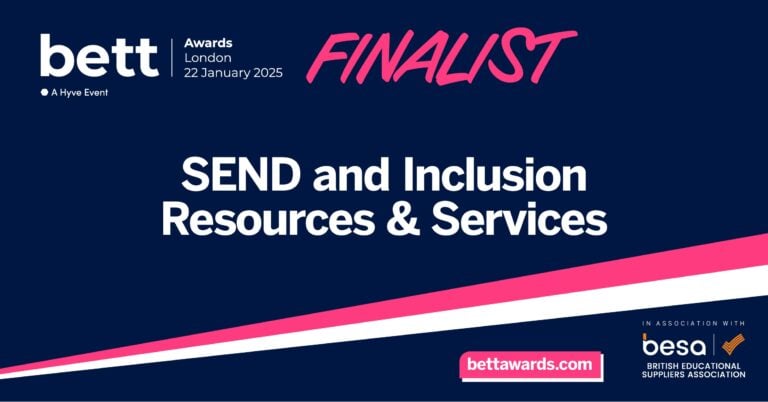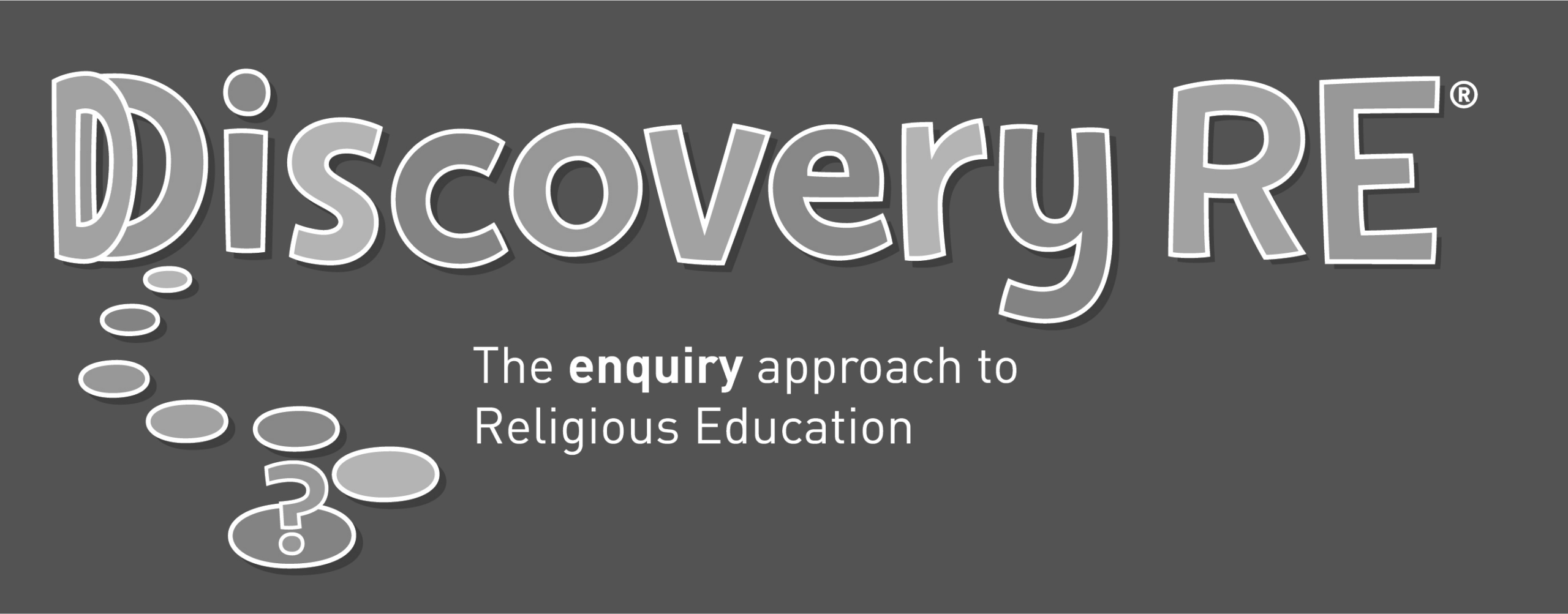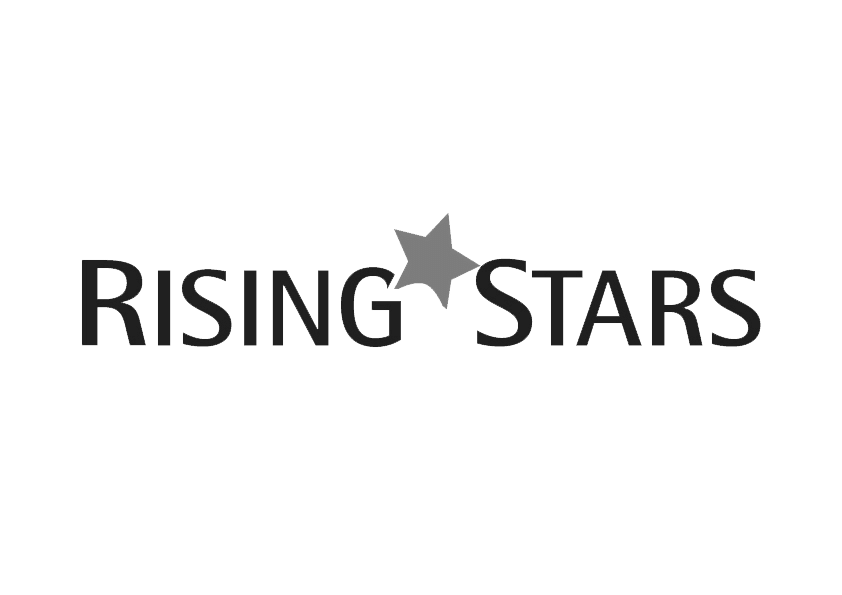One of the core pillars of the governing board’s role and purpose, as set out in the Governance Handbook is ‘Accountability that drives up educational standards and financial health’ (page 13). The first two requirements listed are:
- rigorous analysis of pupil progress, attainment and financial information with comparison against local and national benchmarks and over time;
- clear processes for overseeing and monitoring school improvement and financial health, providing constructive challenge to executive leader (page 14)
Further detail is given later in the handbook: ‘Effective boards hold their executive leaders to account for improving pupil and staff performance by asking the right questions. It is essential that boards use, and are familiar with, specific data about their school(s) to help inform these questions.’ (page 25) https://www.gov.uk/government/publications/governance-handbook
So, I think we have two questions to address here firstly ‘what are the right questions?’, and secondly ‘what data can the boards access and use to help inform these questions?’.
What are the right questions? Again, the handbook helps us here: ‘The NGA has published ‘Knowing your School – Questions for the Board to ask’ (content available for NGA members only). The Welcome Trust’s ‘Questions for Governors’, is a framework to help boards identify areas to celebrate or challenge in their schools, enabling them to work with executive leaders to drive improvement’ (page 27).
However, thanks to several years working with the assessment team at Herts for Learning, I am able to share with you some of the questions that they, and I, would suggest asking in your meetings, starting with a positive one!
- What are our strengths?
- How do our results compare nationally/ within the LA/ to similar schools?
- Are there differences between the performance of different age groups within the school? E.g. KS1 versus KS2, or GCSE versus A Level.
- Are there differences between the attainment or progress of pupil groups? E.g. gender, disadvantaged pupils (for whom the school receives Pupil Premium), different prior attainment groups, ethnic minority students, children with EAL (English as an Additional Language), children with SEND (Special Educational Needs and/or Disabilities).
- Are there differences in attainment between subjects?
- Are there differences between teacher assessment and test results? This only really applies to primary, where at KS2 reading and maths are judged via test results while writing is judged via teacher assessment.
- Are there trends over time and how do they relate to national trends?
- Are the differences statistically significant?
And finally what I refer to as the ‘So what?’ questions:
- Why did this result happen this year?
- Was it expected?
- What strategies contributed to this outcome?
- Are there any key lessons to be learnt from these results?
- How well have we done against our key priorities in the school development plan?
- How should these results inform future priorities in the school development plan?
Now onto the second question, what data is available to us as governors, and how can we access it?
First of all we can see our own school’s performance data as well as that of our neighbouring schools on the ‘compare school performance’ website. This is a public website aimed at parents to assist with school choice, but it is also very useful for governors. It enables us to create lists of our local schools for comparison. The information given is limited, but it’s a good starting point!
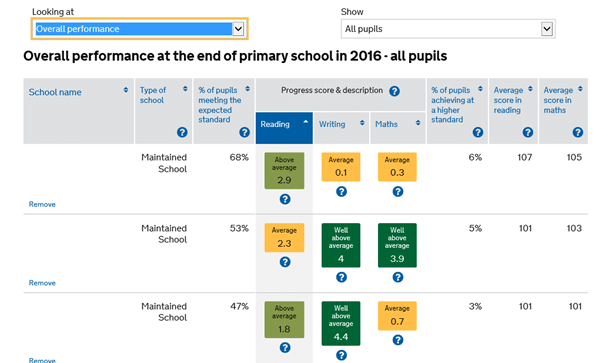
Secondly, it is really important that all governors have access to their school’s Analyse School Performance report (ASP) and Inspection Data Summary report (IDSR). These are produced by the DfE in the autumn of each year, and contain very detailed information about the progress and attainment of pupils who took SATs, GCSEs or A Levels the previous summer. These reports are not in the public domain, and governors need to ask their SLT to download and provide them. Governors should scrutinise these reports, rather than just snippets provided by their SLT, as they give the full picture and enable governors to ask challenging questions, as well as celebrate achievements. They also offer very useful comparisons with local authority and national performance, and include the statistical significance of results. The IDSR is particularly important if your school is expecting a visit from Ofsted, since this is the document that Ofsted has access to, and which will inform their initial lines of questioning.

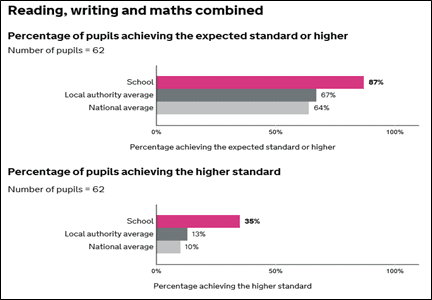
Next, it is worth checking if your school has a subscription to FFT Aspire. FFT, or the Fischer Family Trust, is a not-for-profit profit organisation that specialises in the analysis of school, MAT and national results. They provide a Governor Dashboard which in essence contains the same information as the ASP, but is presented in a format which is far more easily read and interpreted.
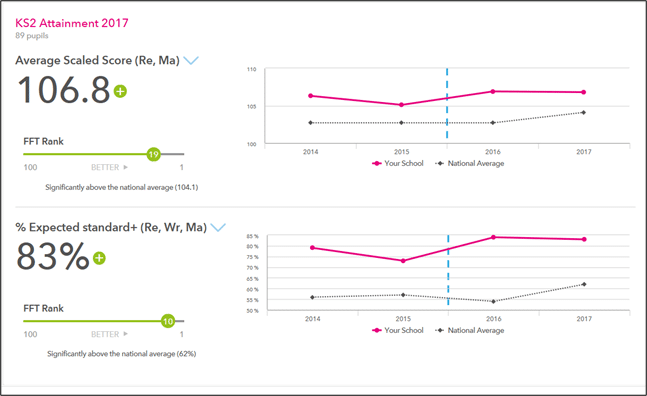
However if your school is not subscribed, do not despair, because they also offer a free-to-access website where you can compare your school performance to that of similar schools, based on your very own criteria. For example, you could compare your school with schools within a certain geographic distance of your own that have disadvantage rates close to yours. Or maybe other Catholic schools, or other junior schools. The choice is yours! https://schoolslikeyours.ffteducationdatalab.org.uk/
Lastly, it is of course important to be monitoring your pupils’ progress and attainment throughout the year, not just when they have taken external tests or exams. This way, you should not be presented with any surprises when those results come out. Educater offers a wide range of reports that can be shared with governors to give a really clear picture of the current performance of each subject, year group and pupil group in your school. They are easily downloaded in PDF format for sharing with governors. Just ask your SLT!
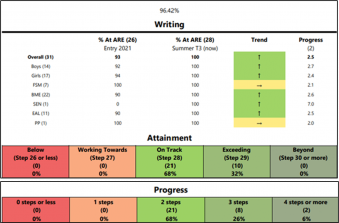
About the author

Becky St.John
Becky is a school assessment and performance data specialist, who is passionate about helping schools and multi academy trusts use data effectively to improve outcomes. She started out as data manager in a large secondary school, and this eventually led to a role as principal consultant for SISRA Ltd, supporting 1,600 schools across the UK in the management and analysis of their assessment data and exam results through consultancy and training.


